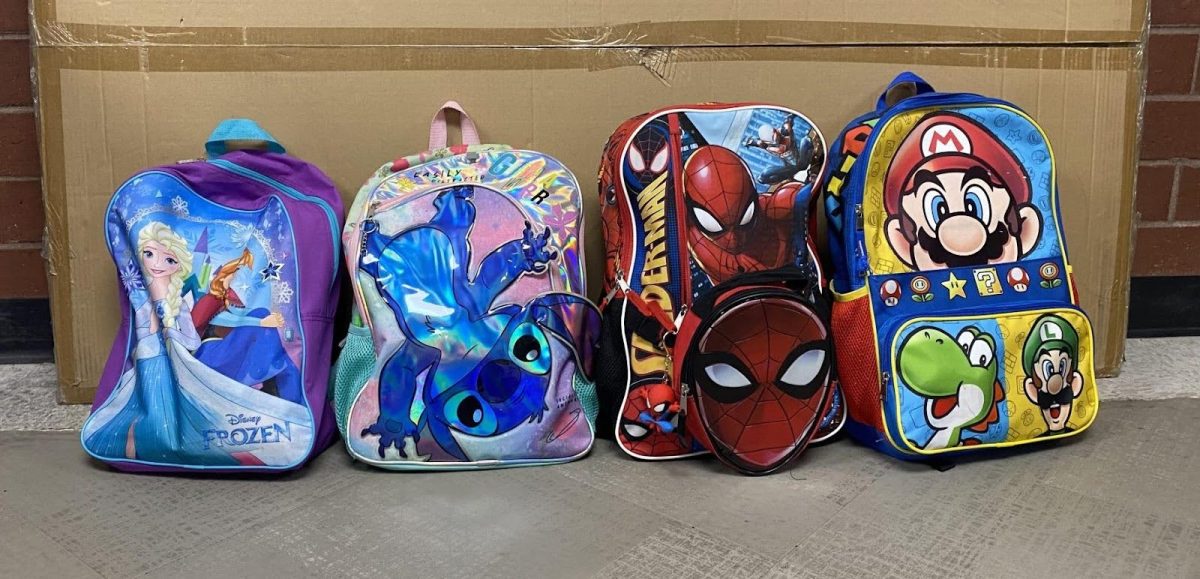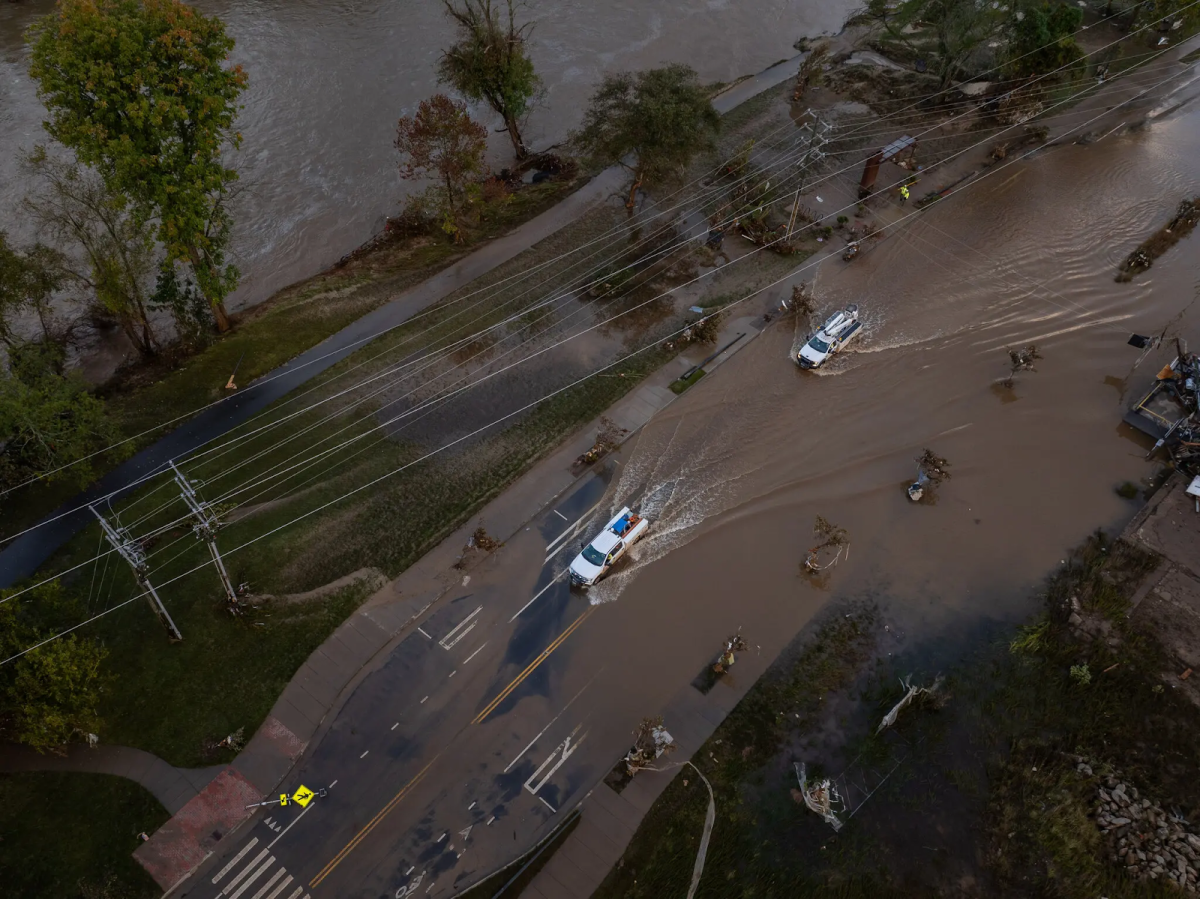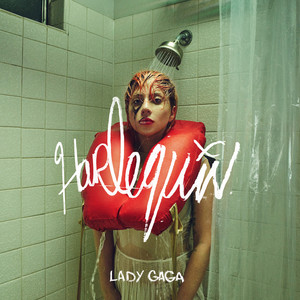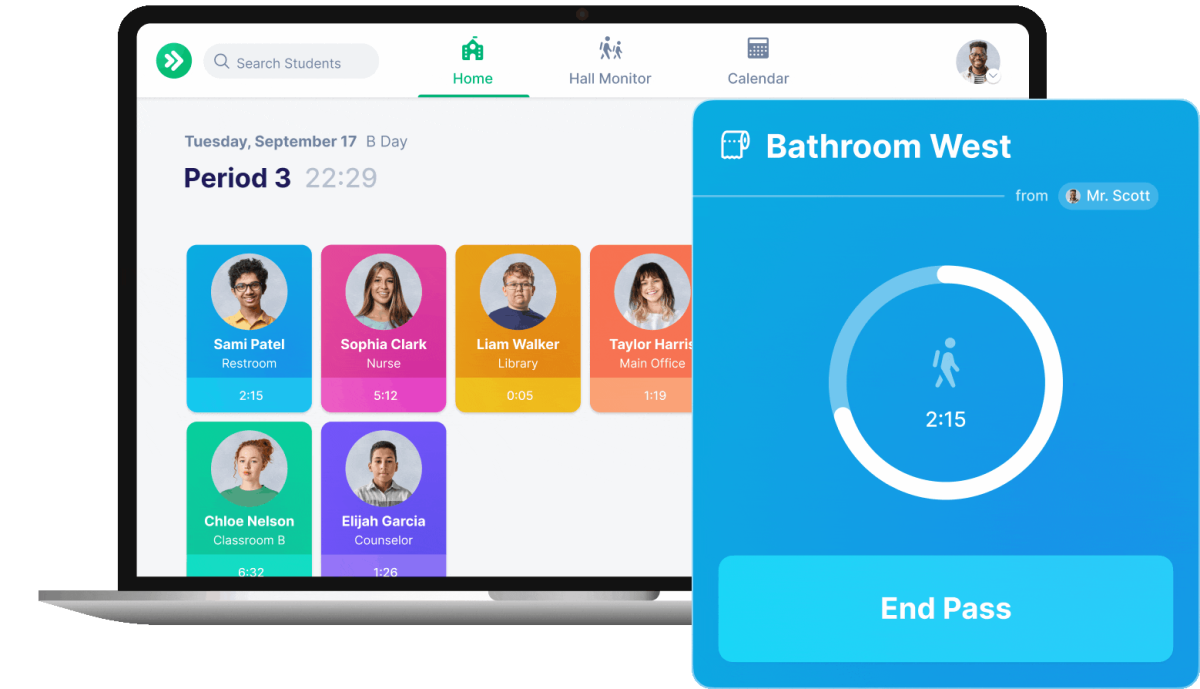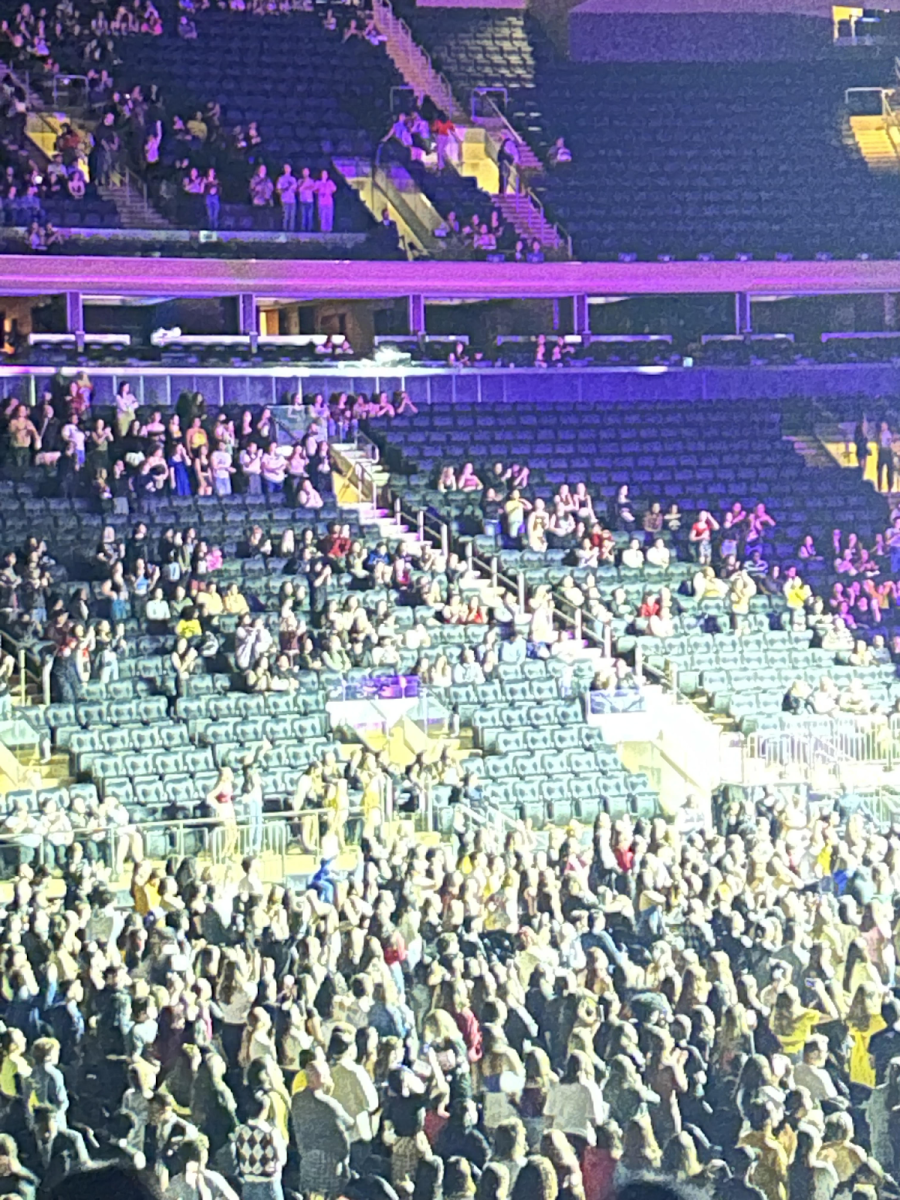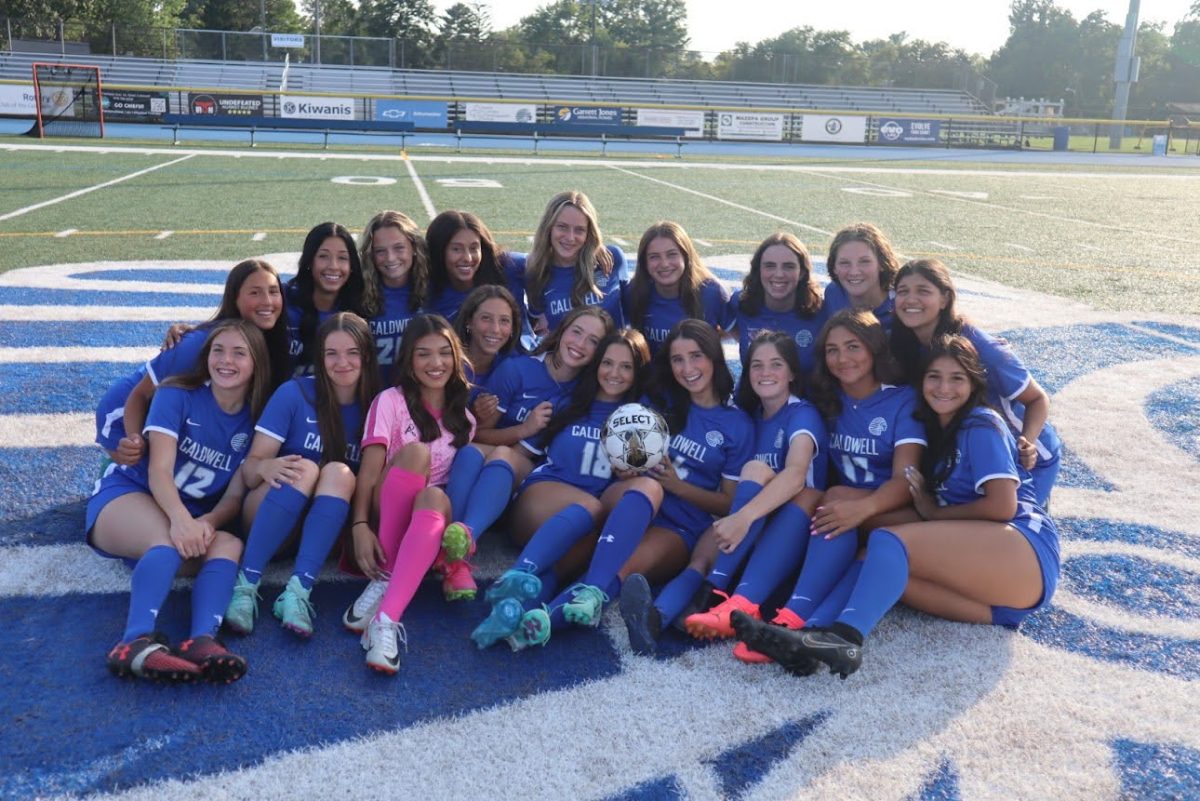
With COVID cases rising, many feared how the 2022 Beijing Winter Olympic Games would proceed. Despite the spike in COVID positives because of the highly transmissible Omicron variant, the Games will proceed with caution. In July of 2021, Tokyo held the postponed 2020 Summer Games, where athletes had to provide proof of a negative PCR test within 72 hours before they arrived in Tokyo. Their temperatures were closely monitored and they were rapid-tested daily. Athletes were also required to wear a mask while around other athletes and were encouraged to remain distant and stay within the Olympic Village, but that was not strictly enforced (SI). The restrictions for the Beijing Olympics starting on February 4, 2022, are similar, but even stricter to ensure that all athletes will remain healthy enough to perform in their events.
Chinese officials are hopeful that they can maintain the “zero COVID” policy they have enforced since the beginning of the pandemic. Chinese authorities have already made clear the protocols they will have in place to try to keep cases as low as possible during the Games. Athletes must be vaccinated, and are subject to regular testing and temperature checks as the Games carry on. They are also required to wear N95 masks while in common spaces unless they are eating or drinking, and encouraged to maintain a significant social distance between one another. Officials have also put into place plans to keep a “closed-loop” between athletes and outsiders. This means that athletes will only be allowed to go to approved areas in hopes to limit their exposure to the virus (Chicago Tribune). The “closed-loop” system is not foolproof, as several journalist representatives, as well as athletes, have tested positive already, but authorities in China still maintain that this system is the best way to avoid large breakouts of COVID. Those who do test positive will be sent to a specified isolation center where they will be sequestered into a small room that they are not allowed to leave. COVID-positive athletes are provided with three meals a day, and mental health support if necessary. Some will also be given access to exercise equipment (Yahoo Sports).
Similar to the Tokyo Games this past summer, the International Olympic Committee will not be allowing tickets to be sold to the general public. Spectators will only be those who were invited to the Games and will have to follow similar strict rules. With the exception of reporters, only residents of mainland China will be invited to watch the Games proceed in person (Forbes). Many American broadcasting networks have either chosen to keep their reporters in the United States and report the news of the Games from home or limit the number of reporters that they are sending to China as much as they could (Yahoo Sports).
The threat of testing positive adds an extra level of stress onto the Olympic athletes, who have been training their whole lives to compete in the Games. An outbreak amongst athletes could crush their chances to compete in their events, or could even collapse the Games as a whole. Despite all of the restrictions robbing athletes of the complete Olympic experience, it is the hope amongst athletes and officials alike that everything will go smoothly and the athletes will be able to show off their talents.

